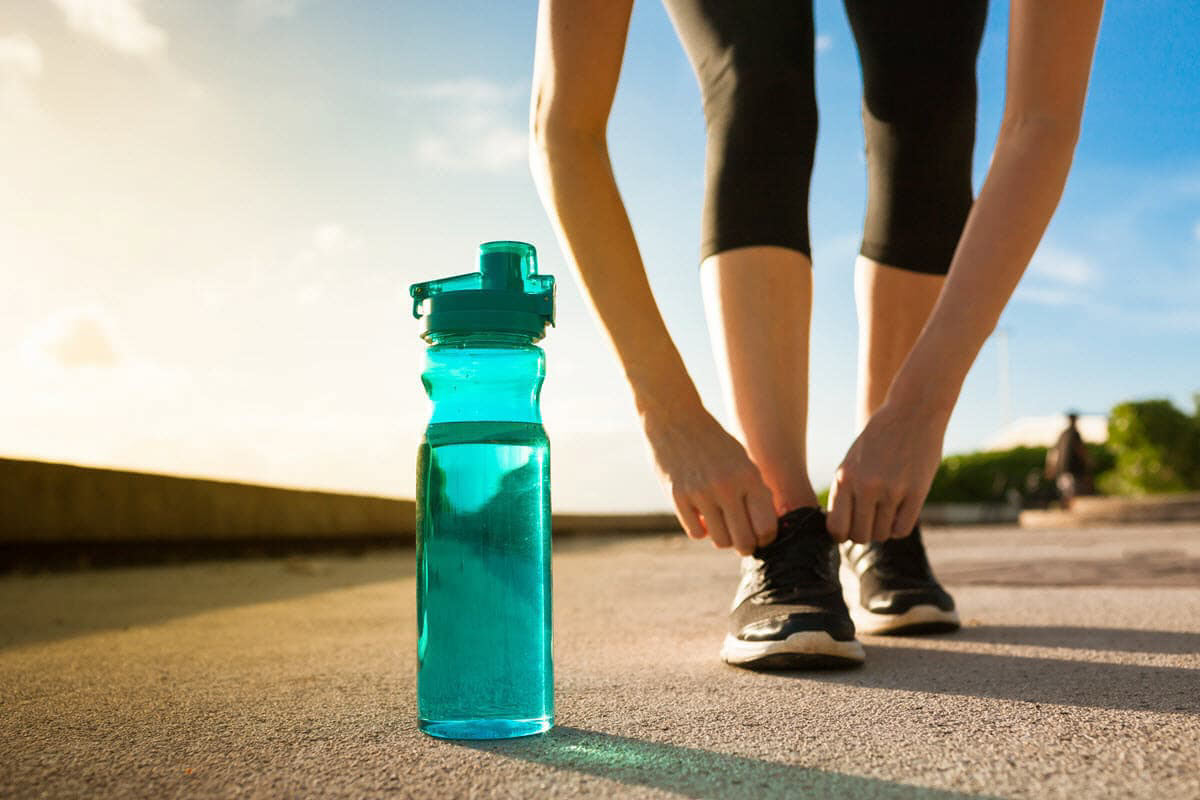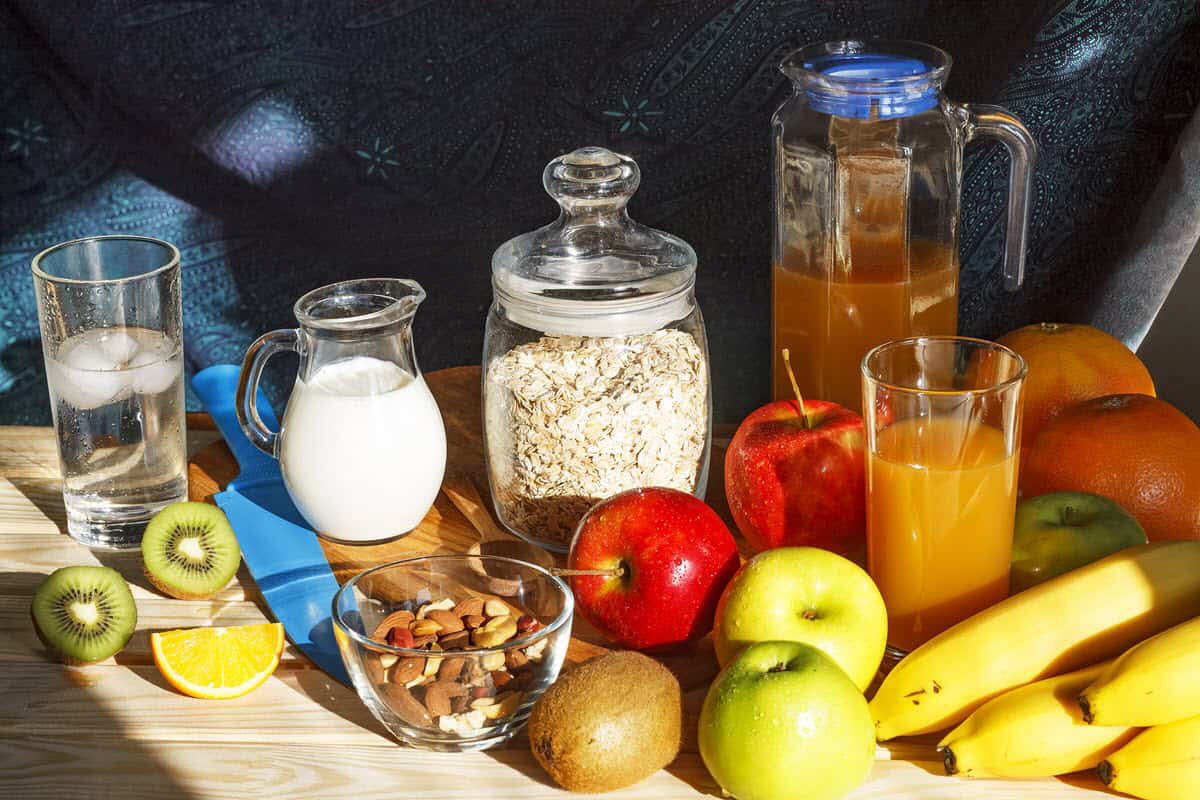Trillions of bacteria, viruses, and fungi live on and inside us, and maintaining a healthy balance with them is beneficial for our well-being. Together, they form the gut microbiome, a rich ecosystem that plays an important role in the functioning of our bodies. The bacteria in our gut can help break down food the body can’t digest, produce essential nutrients, regulate the immune system, and protect against harmful germs. While we don’t yet have the blueprint for which bacteria make up the perfect gut microbiome, we do know that it’s important for a healthy microbiome to have diversity in bacterial species. Many factors affect our microbiomes, including our environment, medications like antibiotics, and even whether we were delivered by C-section or not. In this post, we’ll discuss just how important a healthy digestive system is.
It Affects Your Digestive Power
The first thing we need to talk about is digestive power, and digestive power starts in the mouth. You want to take time to chew your food well to help with digestion and reduce bloating. The next stop is the stomach, where we start to break food down even further. It’s a highly important process, especially for certain nutrients like B12 and iron. From there, it then moves into the small intestine, where digestion continues and even more nutrients are absorbed. Poor digestion means poor mineral and vitamin absorption, including key nutrients like B12, iron, and zinc, along with many others. Signs of vitamin deficiencies in the digestive tract can include bloating, indigestion, and heartburn. Proper digestion helps us unlock the nutrients in the food we eat and keeps bad bacteria and infectious agents down.
How a Healthy Gut Impacts Your Overall Wellness
Having a healthy gut doesn’t just prevent bloating or constipation. Your gut is actually connected to all the organs in your body and is crucial for supporting your immune system. Many people don’t realize that this system works directly with the brain—a relationship known as the brain-gut connection. So, if you’re suffering from constipation, diarrhea, bloating, or other chronic gut problems, it could be linked to other neurological factors like stress and anxiety. Many people believe that gut health issues are simply due to poor eating, but they don’t realize that your thoughts and your emotions have a lot to do with it. While external factors and life experiences can affect mental health, part of it is about having the proper balance of brain chemicals. If you have gut problems and your gut bacteria are imbalanced, it can affect the production of neurotransmitters such as dopamine, serotonin, glutamate, and gamma-aminobutyric acid (GABA). These neurotransmitters affect your mood, memory, attention, concentration—the list goes on. But let’s not forget about the gut too! If you’re already suffering from gut problems, you start addressing it and start consuming prebiotics like psyllium fiber, fermented foods, kefir, yogurts, or supplements.
How to Improve Gut Health With What You Eat
Diet is emerging as one of the leading influences on gut health. And while we can’t control all these factors, we can manipulate the balance of our microbes by paying attention to what we eat. But we don’t want to make it difficult. Let’s start simple. If you’re lost and unsure where to start, just consider: Am I getting real food in? Fruits, vegetables, and protein? Dietary fibre from foods like fruits, vegetables, nuts, legumes, and whole grains is the best fuel for gut bacteria. When bacteria digest fibre, they produce short-chain fatty acids that nourish the gut barrier, improve immune function, and help prevent inflammation. This reduces the risk of cancer. The more fibre you ingest, the more fiber-digesting bacteria colonize your gut. So, what goes wrong with our gut bacteria when we eat low-fiber, processed foods? Lower fibre means less fuel for the gut bacteria, essentially starving them until they die off. This results in less diversity and hungry bacteria. In fact, some can even start to feed on the mucus lining.
Bottom Line
If you notice changes in your memory, concentration, anxiety, or mood, don’t look to medication as your first go-to. Start by looking at your diet and the symptoms that you’re having within your gut. Here at Calgary Integrative Medicine, we’re more than happy to discuss your concerns and help you achieve optimal gut health. Schedule a consultation today, and let’s take the first step toward a healthier you!












